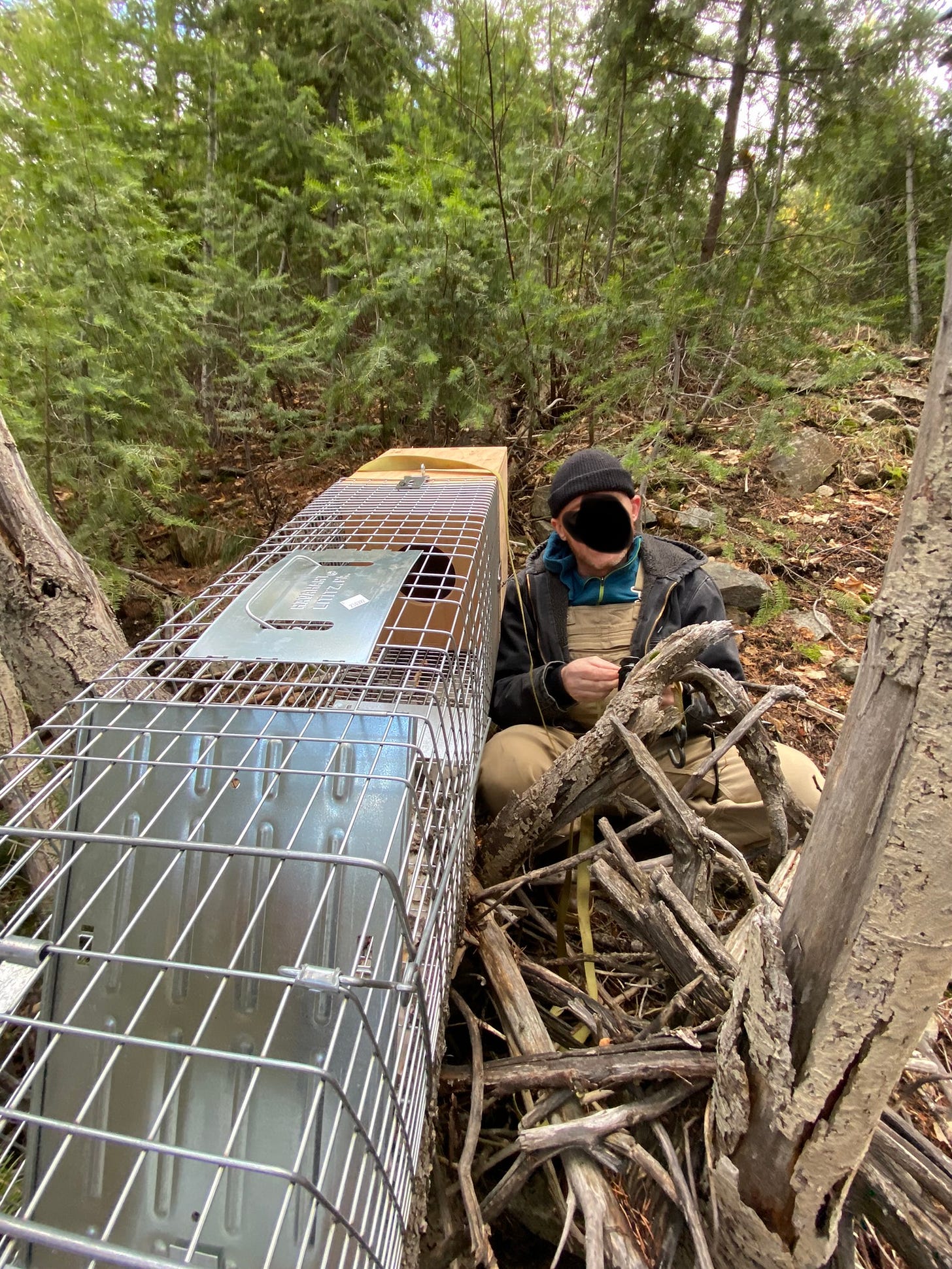Day 25 - Sometimes you don’t need to know the best approach to fixing something to make it work. Often just diving in with a roll of duct tape, some bailing wire, and a paperclip, like MacGyver, is the most bountiful approach for learning. In fact, trying to fix things with what you have on hand is a great way to “open the hood” on the problem to see what you actually need to fix it properly…
… and yes. You guessed it. This is a metaphor. I have met a lot of people over the years who are afraid to tackle their own problems because they are too afraid to try and fix it with the tools they have. So, they ignore the problem until it metastasizes into something unmanageable that wrecks their world. When, in reality, if they had just faced the problem (even if ill-equipped to truly fix it) they would have at least understood what tool they were lacking to solve it and then go acquire that tool or skill.
Now, it should be noted that adopting this approach can lead to a world where you have a bunch of half-fixed things that are all working sub optimally, which is also not good. The key here is on the follow through after you face your problem and apply whatever janky bandaid you had at the time. You have to go and learn how to solve the problem with finality and workmanship. But, the point here is that not being afraid to at least address a problem and give it the “ol’ college try,” can be a major step forward in learning true independence and gaining a lot of confidence.

Daily Prompt: What things in your life are you ignoring because you don’t have the skills to fix it? Is it your leaky sink? Has your “check engine” light been on for a while? Is it your marriage? What can you do now to address those things?:
Motivational Passage:
"Some people say that there are no more frontiers left for us to conquer. But then again, some people still go out into the wilderness in search of their dream."
- MacGyver
Rewilding Action: Some folks have messaged asking how to get started in hunting and trapping. The first place you need to go to is your state fish and game website, sign up, and get registered for a hunter education course. Most of these can now be taken online with a “field day,” where you learn all about safe hunting practices and weapon handling. Once you are hunter-ed certified you can then peruse your state's hunting seasons and decide what animal(s) you want to pursue and when the season(s) are open.



